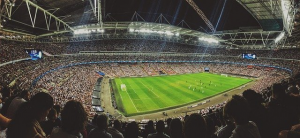
The study participants were professional players of the Athletic Club Bilbao team that competed in the first division of the Spanish soccer league during the 2014/15 and 2015/16 seasons. Cumulative exhaustive exercise causes oxidative stress and damage to muscle cells; it also depletes the levels of Coenzyme Q10 in plasma, showing that the Coenzyme Q10 has been active as an antioxidant during the intense exercise. Higher CoQ10 levels can protect against the damage caused by strenuous exercise.
Data from a two-year observational study indicate that maintaining high levels of Coenzyme Q10 in plasma during the hardest part of the soccer season helps professional players [Sanchez-Cuesta 2020]:
- prevent muscle damage (lower creatine kinase levels)
- prevent kidney damage (lower uric acid levels)
- reduce stress (lower cortisol levels)
- achieve higher physical capacity (video analysis of distance run and running speed)
Based on the results of the observational study, the researchers speculated that CoQ10 can be safely used as a supplement for the prevention of accumulated muscle and kidney damage in elite athletes, possibly even for improving recovery time after intense competition [Sanchez-Cuesta 2020].
Coenzyme Q10 in Plasma is Predominantly in the Ubiquinol State
Coenzyme Q10 molecules are redox molecules with an oxidized state (ubiquinone) and a reduced state (ubiquinol). The Coenzyme Q10 in the plasma is predominantly in the reduced CoQ10 state, i.e. in the state that serves as an electron donor, making it the ideal state for antioxidant neutralization of harmful free radicals [Judy 2018].
The oxidized form of CoQ10 molecules, the ubiquinone form, is the form that is essential for cellular production of ATP energy. There is less need for bio-energetics in the plasma and more need for antioxidant defense of the vulnerable lipoproteins in the plasma. Hence, ubiquinol is the logical form to be found in the plasma [Judy 2018].
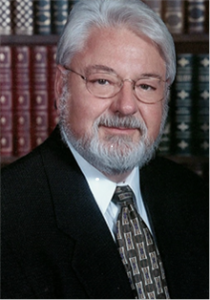
In his book Coenzyme Q10: An Insider’s Guide, Dr. William Judy explains it is not necessary to take a ubiquinol supplement in order to increase plasma ubiquinol levels. A well-formulated Ubiquinone CoQ10 supplement will do the job. Dr. Judy’s book is available from amazon.com. ISBN: 978-87-7776-186-7.
Not Necessary to Take Ubiquinol Supplements to Get Adequate Ubiquinol in the Plasma
Studies have shown that ubiquinone CoQ10 supplements can and will increase the concentration of ubiquinol in the plasma [Mohr 1992; Zhang 2018].
There is reason to think that the ubiquinol in supplements will be largely converted to the ubiquinone form of Coenzyme Q10 in the small intestines prior to absorption, will be absorbed as ubiquinone, and will be converted back to ubiquinol in the lymph. From the lymph, it will reach the blood circulation predominantly in the ubiquinol form, but it will have been absorbed in the ubiquinone form [Judy 2018].
Coenzyme Q10 and Sports Studies with Mixed Results
Generally, the studies of CoQ10 supplementation of athletes show inconsistent results, both with respect to the effect of Coenzyme Q10 on performance and with respect to the effect on recovery time [Lamprecht 2015, chapter 5]. Low doses and short-term use of CoQ10 supplements will not increase muscle CoQ10 concentrations sufficiently to have a desired effect [Sanchez-Cuesta 2020].
There is considerable variability in individuals’ ability to absorb and use Coenzyme Q10. For reasons that are unknown, some individuals do not incorporate Coenzyme Q10 [Sanchez-Cuesta 2020].
There is also considerable variability in the bioavailability of different CoQ10 supplement formulations. Absorption and bioavailability are greatly influenced by the choice of carrier lipids and the heating/cooling processes used in the manufacture of CoQ10 supplements [Lopez-Lluch 2019].
Outcomes of the Professional Soccer Study
On average, the Athletic Club Bilbao professional soccer players were 26-27 years old, had BMIs of 23 kg/m2, and had a body fat percentage of 7%. Data from the professional soccer study suggests the following conclusions:
- Higher CoQ10 levels in plasma are associated with higher performance in intense soccer matches. Distances run during soccer matches and mean speed during soccer matches were associated with aerobic physical conditions and with higher CoQ 10 levels. Goalkeepers were excluded from the analysis [Sanchez-Cuesta 2020].
- Higher CoQ10 levels in plasma are associated with improved kidney efficiency and reduced levels of kidney damage markers following intense competition. In this respect, the soccer study results are consistent with the results of previous studies of long-distance runners. There was a significant negative correlation with uric acid and a negative trend with urea and creatinine levels; these correlations suggest that Coenzyme Q10 has a positive effect on kidney function in athletes during competition and during intense training [Sanchez-Cuesta 2020].
- Higher levels of CoQ10 in plasma are associated with less muscle damage. Players with lower levels of CoQ10 (i.e. below the median of the participants) had significantly higher levels of creatine kinase in plasma than did players with higher levels of CoQ10 [Sanchez-Cuesta 2020].
- Higher levels of CoQ10 in plasma are associated with less stress as measured by cortisol concentrations in plasma. Players with lower levels of CoQ10 (i.e. below the median of the participants) had higher levels of cortisol in plasma than did players with higher levels of CoQ10; however, this association showed a trend but did not reach the level of statistical significance [Sanchez-Cuesta 2020].
Take Home Message: Coenzyme Q10 and Sports Nutrition
Maintaining high levels of CoQ 10 in plasma helps professional soccer players prevent muscle damage and kidney damage, reduce stress, and perform better [Sanchez-Cuesta 2020].
CoQ10 supplements are affordable, effective, and safe.
Not all CoQ10 supplements are equally well absorbed. Buying a cheap CoQ10 supplement can be a waste of money.
It is important to choose a CoQ10 supplement with documented absorption and documented efficacy.
Sources
Judy WV. Coenzyme Q10: An Insider’s Guide. Ny Videnskab, 2018. ISBN: 978-87-7776-186-7.
Lamprecht M. Antioxidants in Sports Nutrition. Boca Raton (FL): CRC Press/Taylor & Francis, 2015.
López-Lluch G, Del Pozo-Cruz J, Sánchez-Cuesta A, Cortés-Rodríguez AB, Navas P. Bioavailability of coenzyme Q10 supplements depends on carrier lipids and solubilization. Nutrition. 2019;57:133-140.
Mohr D, Bowry VW, Stocker R. Dietary supplementation with coenzyme Q10 results in increased levels of ubiquinol-10 within circulating lipoproteins and increased resistance of human low-density lipoprotein to the initiation of lipid peroxidation. Biochim Biophys Acta. 1992;1126(3):247-254.
Sánchez-Cuesta A, Cortés-Rodríguez AB, Navas-Enamorado I, et al. High coenzyme Q10 plasma levels improve stress and damage markers in professional soccer players during competition [published online ahead of print, 2020 Jul 8]. Int J Vitam Nutr Res. 2020;1-12.
Zhang Y, Liu J, Chen XQ, Oliver Chen CY. Ubiquinol is superior to ubiquinone to enhance Coenzyme Q10 status in older men. Food Funct. 2018;9(11):5653-5659.
The information presented in this review article is not intended as medical advice and should not be construed as such.
15 October 2020


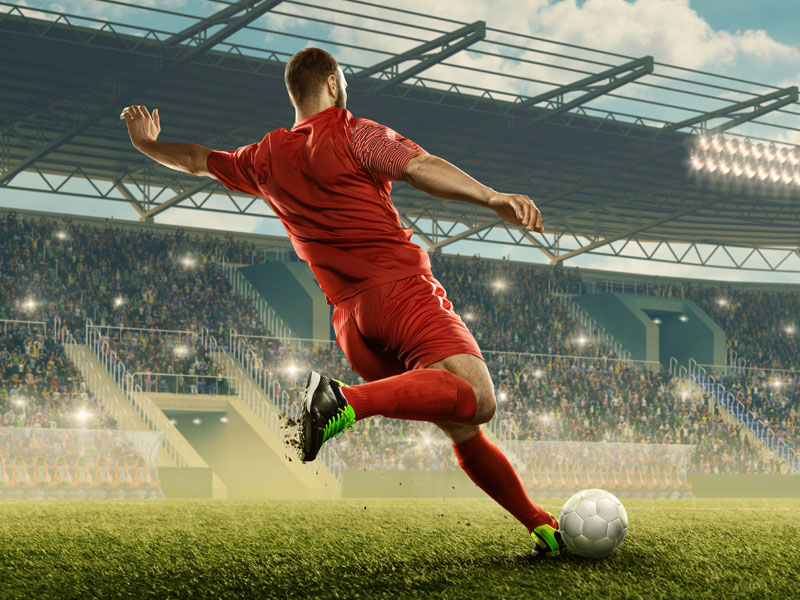
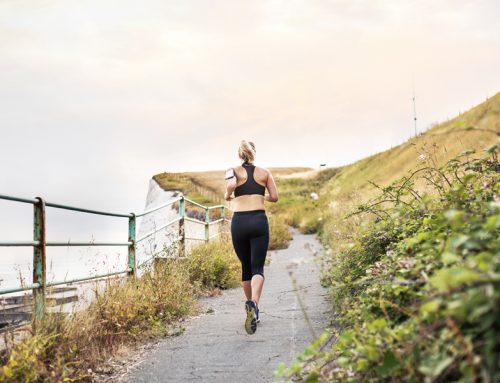
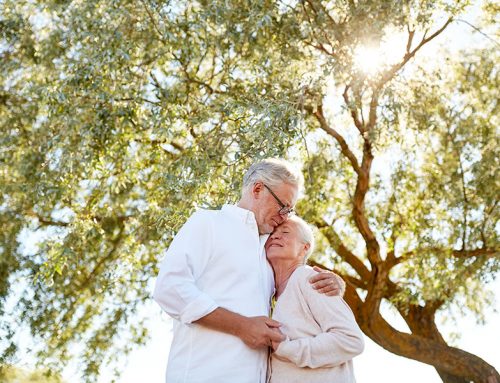
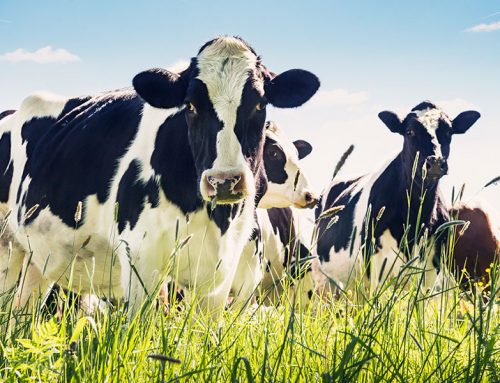

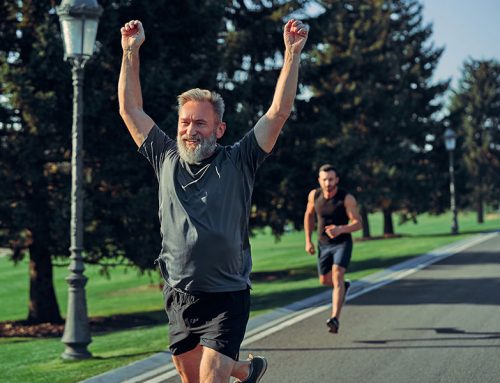
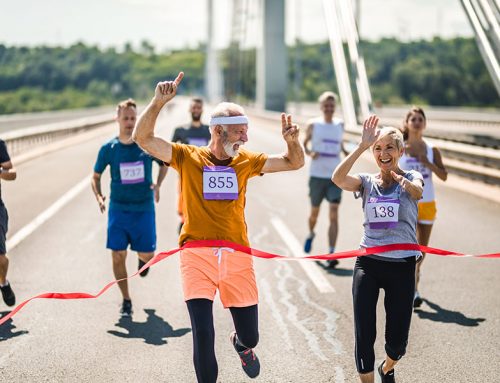
Leave A Comment